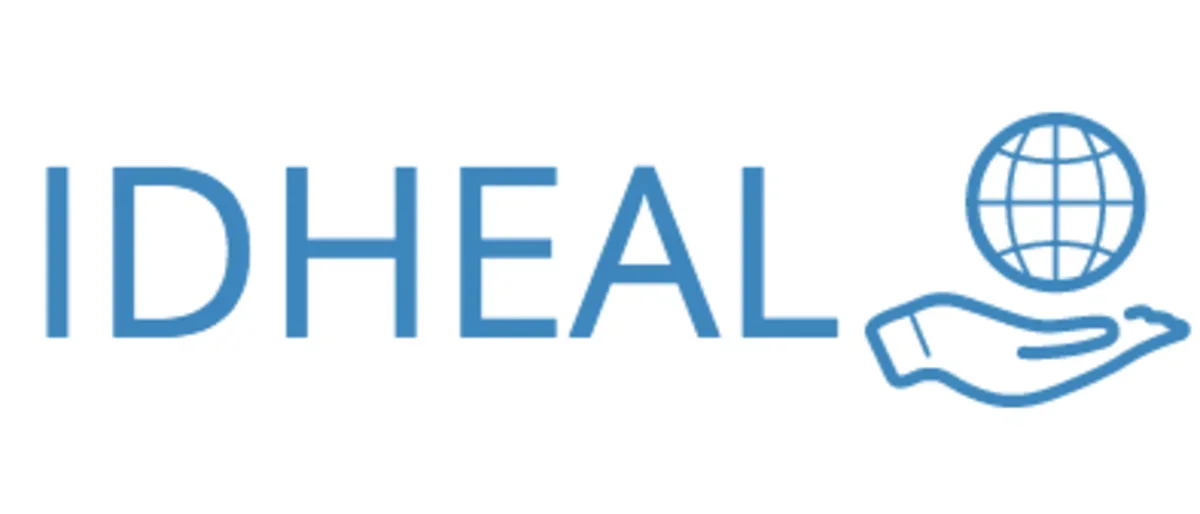IDHEAL
International and Domestic Health Equity and Leadership (IDHEAL) - UCLA Emergency Medicine

Mission
Our division mission is to define and promote the role that academic emergency medicine can play in the promotion of health equity and the elimination of health disparities, locally, nationally and globally. To do so, we address the social, economic, environmental, and legal determinants of health by partnering with non-traditional allies, such as community based organizations, in order to understand and treat patients in the context of their communities and their lives. The division is an umbrella for collaboration of faculty and mentorship of trainees on projects within the realms of international emergency medicine, population health, migrant health, and social emergency medicine. We frame this as a division of “Health Equity” rather than a traditional division of International Emergency Medicine to emphasize the similarities between these disciplines and the common goal of health equity on a global scale.
Background
Emergency Departments are the access point for health care and social services for marginalized populations. Emergency Physicians and Emergency Departments have a long track record of involvement in efforts to improve the health of marginalized populations, both at home and abroad. As emergency health care providers in Los Angeles, we have a unique perspective on the fluidity of populations, sharp economic contrasts, and their implications for population health.
We believe that health is a human right, and that a critical component of that right is access to high quality emergency care for all. Currently, access to high quality emergency care is not universally available. Ways in which social forces disrupt the access to and quality of emergency care are dependent on the setting. For example, in Nicaragua, high quality emergency care may not be available because doctors are unable to afford training materials. In Los Angeles, emergency care is universally available, but our patients still face many barriers to quality care. For example, patients delay seeking care until it is too late, because of fear immigration and financial ramifications. Even when they are able to access care, quality may be disrupted by language barriers between patients and practitioners.
Both internationally and domestically, the end result is the same: social forces disrupt the delivery of high quality emergency care with subsequent contribution to health disparities. We believe that the emergency department is the appropriate location to address a variety of barriers to health caused by social forces. Even if the proximate cause of the ED visit seems unrelated to social forces, we should not ignore homelessness, food insecurity and other social barriers to health when present in our ED patients.
Traditionally, humanitarian efforts of emergency physicians were classified under a variety of headings, including “Community Outreach”, “Social Emergency Medicine”, “Migration Health”, and "Global Health”. Recent thinking underscores the similarity between these areas, because at the core is the common theme of health equity & population health. Although Emergency Medicine is an obvious fit for work in these areas, few formal programs relating emergency medicine to questions of health equity and population health exist.